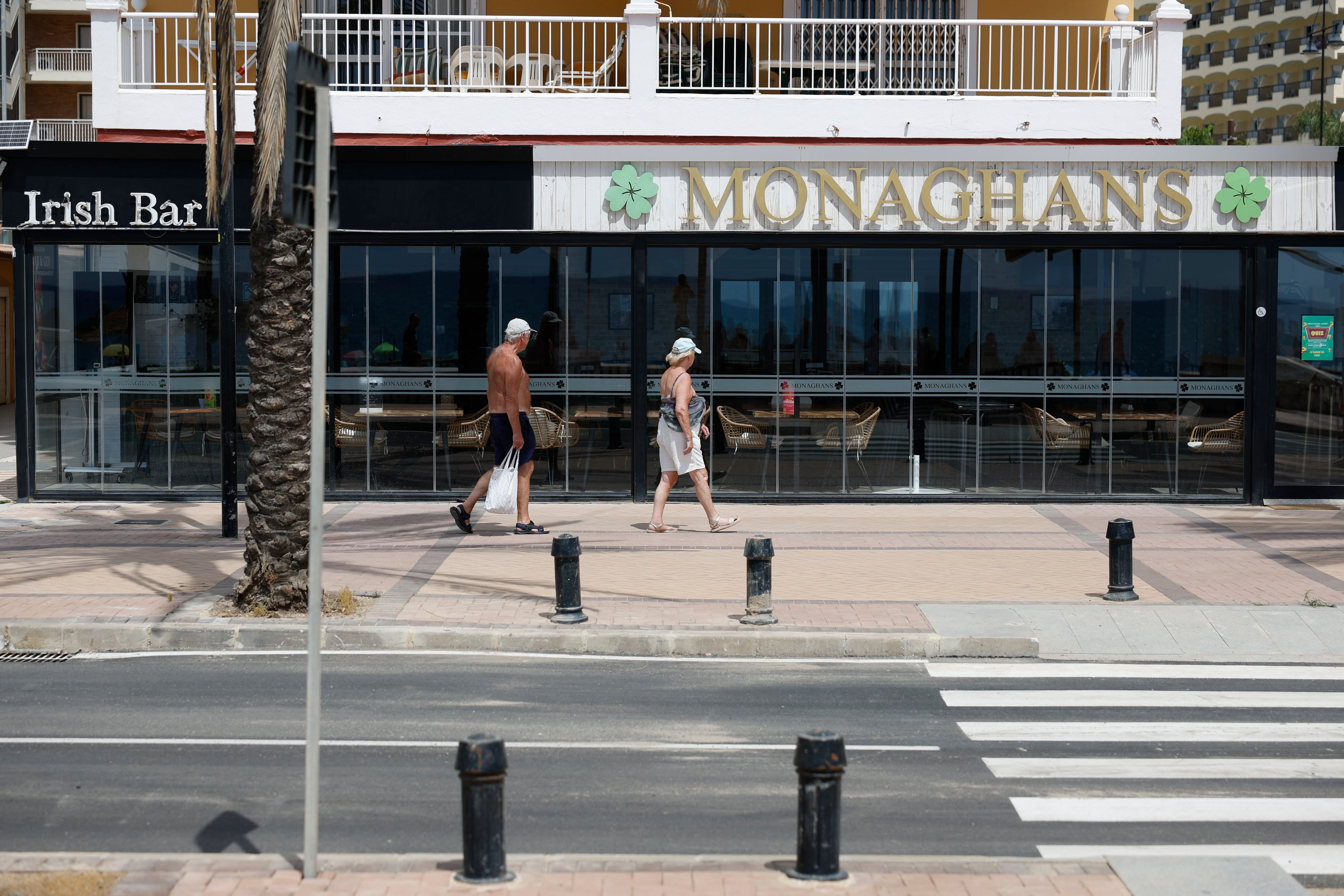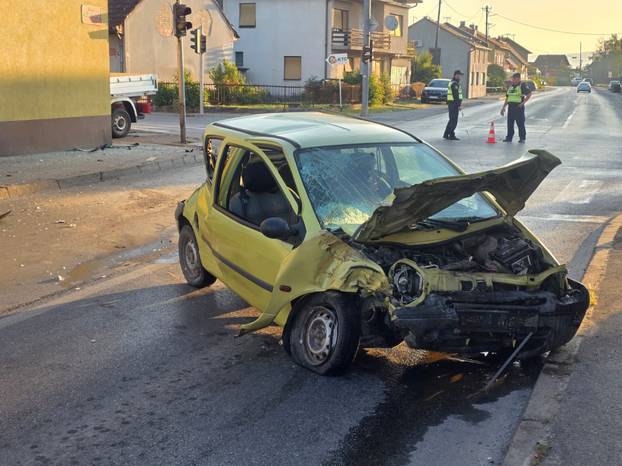The Consular Network attends triple Spaniards with the media 20 years ago | Spain

The Consular network from Spain abroad – with 178 offices; including 86 general consulates and two consulates – is immersed in a digitalization process that must allow in the coming months that the Spaniards resident abroad can carry out numerous procedures online, starting with those related to the Civil Registry (birth and death certificates or marriage certificates). It is a pending technological revolution for years that will end the transfer of requests and resolutions on physical paper by diplomatic suitcase. However, Violeta Alonso Peláez, president of the General Council of Citizenship Spain abroad, He warns that this measure is not enough: « Digitization will be positive, and much, but still the volume of work is so great that we cannot trust this process, that it will help, but it is not enough. »
Alonso was elected in June 2022 president of this advisory body assigned to the Ministry of Inclusion, Social Security and Migrations, whose mission is to ensure that the Spaniards who live abroad have the same rights as those who do so in Spain. It was chosen by the advice of Spanish residents, whose members are democratically elected by the Spaniards of each consular demarcation. Computer engineer, this Leonese left Frankfurt (Germany) in 2013, along with thousands of compatriots, when the economic crisis forced her to look outside the borders her professional future.
Although Spain is already an immigrant host country, the Spanish population in countries like Germany « continues to grow year after year, » he emphasizes. The emigration of manual workers of the 60s and 70s followed a new wave after the explosion of the real estate bubble in 2008, mostly integrated by qualified professionals, and the dripping of arrivals continues, although the intensity has decreased.
He Consular Registration of the Ministry of Foreign Affairs It includes more than three million Spaniards residing abroad and in a short time the four million will be exceeded, Alonso estimates, when the jam of nationality requests submitted under the law of democratic memory is resolved.
The problems that this means, warns, are « complex and varied », since the Spanish population abroad has tripled in the last two decades, while human and material resources have been maintained or even decreased. In the Consulate of Frankfurt, the one that best knows, there are half of the personnel who at the beginning of the century for twice as residents. This is recognized by your own External Action Strategy 2025-28approved last day 1 by the Council of Ministers: « Despite the growth of Spanish citizenship abroad, the resources of our consular offices have barely varied in the last twenty years. »
The digitalization, which is being implemented by phases, will allow to expedite some procedures, admits Alonso, but for now he has assumed that the staff must combine their daily work with the training courses, which has fattened the stack of pending issues. In addition, he laments, the Spaniards resident abroad lack information on the way in which this process will directly affect them. « In the Council itself we are not clear how it will work, » he admits. Despite this, it is « quite satisfied » with the creation of the new consular identity number (NIC), which will allow Spaniards residents abroad who lack DNI (this document is only issued in Spain) to take out a digital certificate and carry out procedures to those who so far had access. It was, it emphasizes, « a historical claim. »
On the other hand, he regrets that the lack of new general budgets of the State has prevented recovering programs that were eliminated during the crisis, despite the will of some ministries, and complains that the hiring of personnel, to cover retirement or new places in the consulates, is delayed many times « because salaries are not competitive. » It is a problem « that has happened with governments of different political colors. It is not something that comes from now on, » he emphasizes.
The economic crisis paralyzed investments to remote properties « in a complicated situation, » he says diplomatically, alluding to the Consulate General in Mendoza (Argentina), that he has had to move to the headquarters of the Asturian center after an inspection of the Ministry of Labor warned of the risk of collapse due to the deterioration of the building; « And it’s not the only case, » he adds. Other consular offices have been small and the staff has to work overcrowded.
A report of the Spanish diplomat association (ADE), Majority in the race, he remembered last year that the last official study detected that 28 facilities were at the limit of their capacity, 68 had accessibility problems at the entrance, 14 lacked fire protection systems and at least 17 did not present a good state of conservation. « Many consular offices fail to comply with the Spanish safety and hygiene regulations at work, » said the Ade.
The Foreign Ministry acknowledges that it is necessary to modernize and renew the consular network and for this it has a plan endowed with 115 million euros, with which to digitize services and remote real estate. Sources from the department directed by José Manuel Albares claim that the new Decireg computer system has already been implemented in more than 100 consular offices and in June it will be operational throughout the network. The digitalization plan, financed with European funds, provides for the creation of an electronic headquarters, a consular citizen folder and a unified processing desk that at the end of the year will allow online realization of procedures such as registration in the consular registry, obtaining appointments or the payment of fees. The same sources underline that since 2022 the remuneration of labor personnel abroad has increased three times, frozen for 15 years, and works are being undertaken to modernize the facilities of some offices that give attention to the public, such as the London Consulate.
On the opening of new consulates in countries where business opportunities are glimpsed, such as Bangalore (India) or Chengdú (China), Violeta Alonso warns: « I can understand, and respect it, that you want to serve Spanish companies, but that cannot be detrimental to the attention to the Spaniards residents abroad. »






